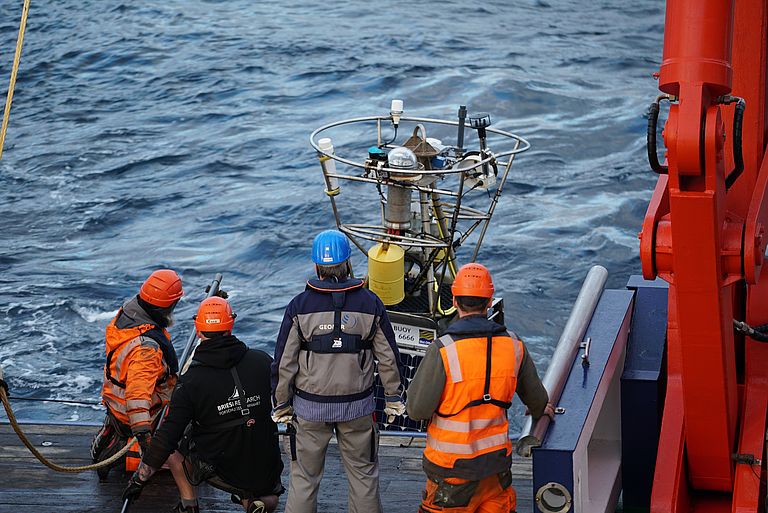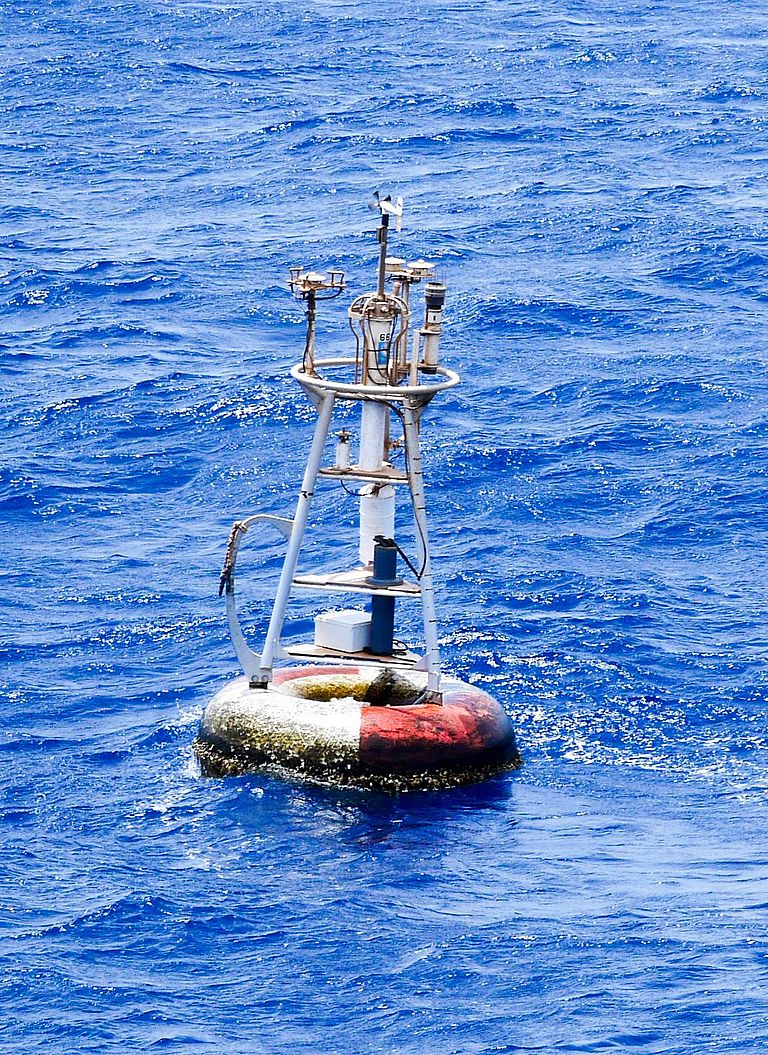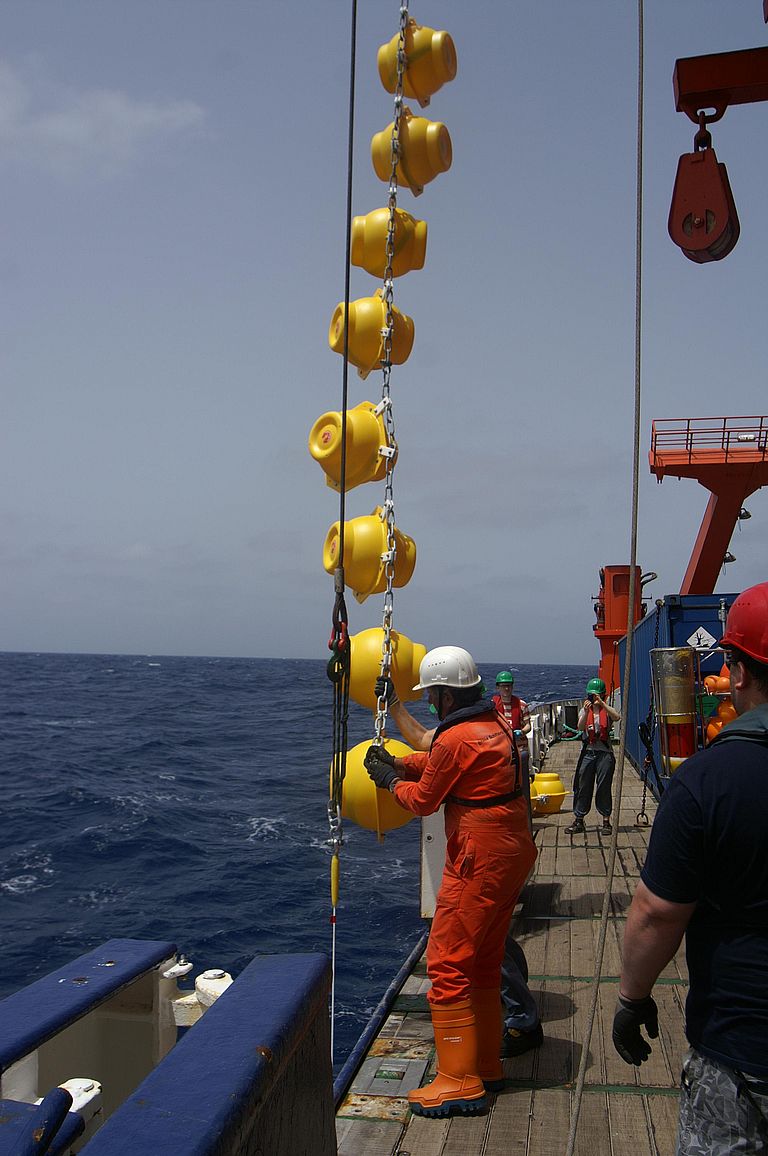Recommendations for sustainable ocean observation and management
New policy brief “Nourishing Blue Economy and Sharing Ocean Knowledge”
From the air that we breathe to the water and food we consume as well as the inorganic resources and energy we use: The ocean sustains our existence on planet earth. The Blue Economy that builds on a variety of services provided by the ocean has the potential to double in size by 2030. But on the other hand, human activities affect the ocean and its life-sustaining functions. A sustainable management and use require a more in-depth understanding of ocean processes and marine ecosystems. Such knowledge builds on reliable, timely and fit-for-purpose ocean observations.
To build user-focused, interdisciplinary, responsive and sustained ocean information systems and increase the sustainability of the Blue Economy, ten projects funded by the European Union joined forces. Under the lead of the EuroSea project, the group developed the joint policy brief “Nourishing Blue Economy and Sharing Ocean Knowledge. Ocean Information for Sustainable Management.”
The policy brief presents recommendations for five different, interconnected areas:
- To ensure a sustainable and adequate long-term funding for continued scientific observations and delivery of information across Europe, the authors recommend working towards a European framework directive.
- To meet the growing demand for highly qualified and skilled professionals and to increase employability in the both the academic and industrial marine sectors, a new generation of “blue staff” needs to be attracted, trained and supported across countries and societal groups.
- To fill knowledge gaps regarding ecology, biodiversity, sensitivity to climate change and the potential for sustainable exploitation of ocean resources, different technologies should be combined to collect different kinds of data and transformed into usable knowledge.
- To increase data quality and ensure more efficient use of available information, global standards and practices of interoperability have to be defined.
- To make policy process more transparent and accessible and allow for public contributions to marine observation science, citizens should be provided with more opportunities to actively participate.
“With their recommendations, the ten projects want to point out how marine science and the Blue Economy can support goals set out in the European Green Deal, the Paris Agreement and the United Nations Decade of Ocean Science for Sustainable Ocean Development”, Dr. Toste Tanhua, marine chemist at GEOMAR Helmholtz Centre for Ocean Research Kiel and coordinator of EuroSea emphasises. “Based on our different perspectives and expertise, we aimed to concretise the value of our scientific and innovative activities so that they can achieve a high social impact.”
The policy brief is available on the EuroSea website:
https://eurosea.eu/download/outputs_and_reports/Horizon-Results-Booster-Policy-Brief-Ocean-Knowledge-September-2021.pdf
Project funding:
The ten participating projects have received funding from the European Union’s Horizon 2020 (H2020) Research and Innovation programme (EuroSea Grant Agreement: 862626). The policy brief “Nourishing Blue Economy and Sharing Ocean Knowledge. Ocean Information for Sustainable Development” was produced with the support of Trust-IT Services, provider of the Horizon Results Booster funded by the European Commission, Directorate General for Research and Innovation, Unit J5, Common Service for Horizon 2020 Information and Data.





